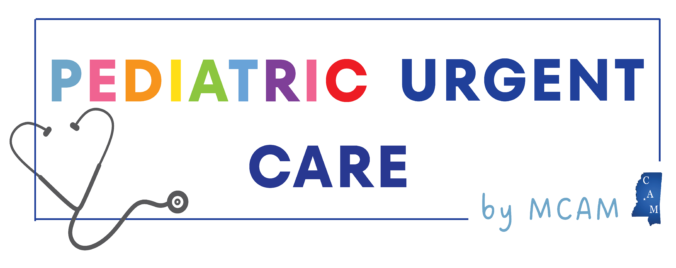Our children’s health will always be our top priority, especially when it comes to protecting their journey through the early years of life. But what happens when the path takes an unexpected turn, leading us into the complex world of pediatric endocrinology?
Endocrine disorders in children can be a source of anxiety and confusion for parents. Whether it’s a sudden diagnosis of diabetes, concerns about growth patterns, or the mysteries of puberty, these conditions can trigger a multitude of questions and fears. However, it’s crucial to remember that you’re not alone, and there are dedicated healthcare professionals, pediatric endocrinologists, who specialize in understanding and addressing the unique endocrine needs of young patients.
What is Pediatric Endocrinology and Why is it Important?
Pediatric endocrinology is a medical subspecialty that deals with hormonal disorders in children, from birth to adolescence. The endocrine system is a complex network of glands and hormones that regulate various bodily functions, which is why pediatric endocrinology is a highly specialized field.
Hormones are the body’s chemical messengers, responsible for controlling growth, metabolism, and many other physiological processes. When this delicate balance is disrupted in children, it can have significant consequences on their growth and development.
Common Endocrine Disorders in Children
Children can experience a range of endocrine disorders, some of which are more common than others. Here are a few of the most prevalent endocrine conditions treated through pediatric endocrinology:
- Diabetes: Type 1 and Type 2 diabetes can affect children. These conditions disrupt sugar regulation and require close monitoring and management.
- Growth disorders: Conditions like growth hormone deficiency can lead to stunted growth and require hormone replacement therapy.
- Thyroid disorders: Thyroid problems, such as hypothyroidism or hyperthyroidism, can disrupt metabolic functions in children.
- Puberty disorders: Conditions that affect the timing or progression of puberty, such as early or delayed puberty, are addressed in pediatric endocrinology.
- Adrenal disorders: Conditions like congenital adrenal hyperplasia can lead to abnormal hormone production by the adrenal glands.
The Role of Pediatric Endocrinologists
Through a combination of medication, nutritional guidance and dedicated care, pediatric endocrinologists help children overcome the challenges associated with hormonal disorders and lead healthy, fulfilling lives. Some treatment approaches adopted by our clinic include:
- Insulin therapy
- Oral medications
- Growth hormone therapy
- Thyroid hormone therapy
- Exercise recommendations
- Promoting a healthy lifestyle
- Care-coordination and referrals for thyroid, parathyroid, adrenal or pituitary gland surgery
Pediatric endocrinologists also often work with dietitians to provide nutritional counselling and weight management to treat conditions like diabetes or obesity.
Why Long-Term Management is Critical to Pediatric Endocrinology Patient Success
Our dedicated pediatric endocrinology team recognizes the significance of extended management for hormonal disorders in children. This involves continuous monitoring of a child’s progress, necessary adjustments to treatment strategies, and addressing any emerging issues in a timely manner. Our endocrinologist collaborates closely with families to ensure the best care and support throughout a child’s developmental journey, enabling each child to realize their full potential.
Moreover, the field of pediatric endocrinology continues to evolve with advancements in research and medical technology. Long-term follow-up provides opportunities to participate in clinical trials and benefit from the latest innovations in treatment and management.
Ensure a healthier tomorrow for your child by scheduling a consultation with our pediatric endocrinology team today. Contact us now to get the specialized care and support your child deserves.
